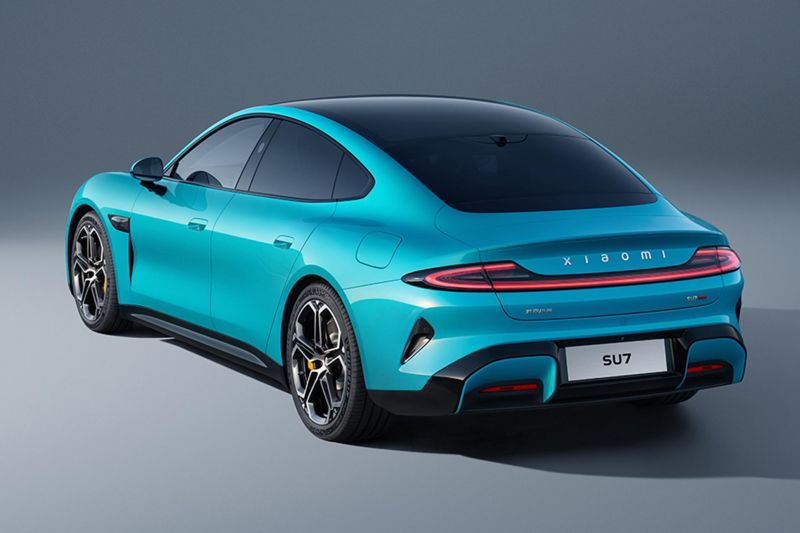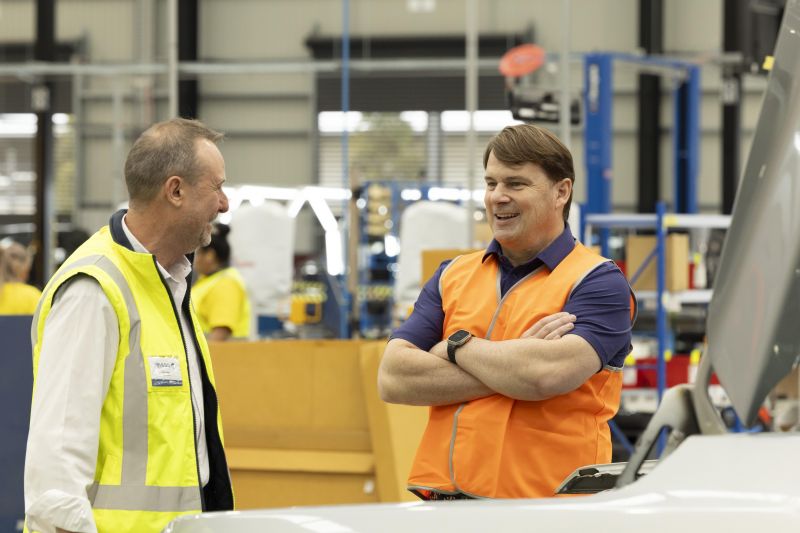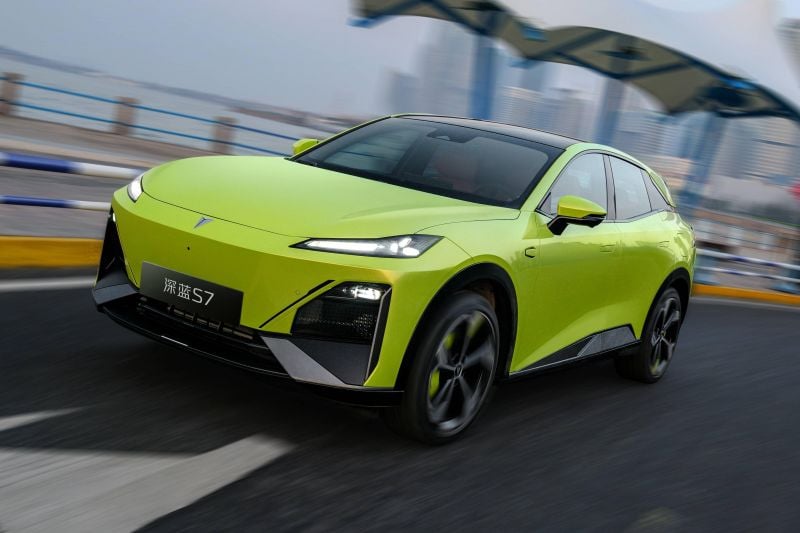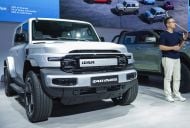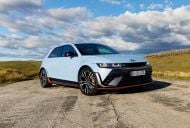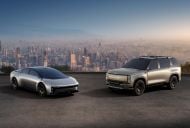Ford CEO Jim Farley hasn’t kept his desire to drive other brand’s cars a secret, but the Blue Oval executive has surprised many by admitting he’s been daily-driving (and enjoying) a Chinese electric vehicle (EV).
Not only that, but it’s not even one from Ford’s Chinese joint-venture partner.
In an interview on the Fully Charged Show, Mr Farley revealed the Xiaomi SU7 – an electric sedan made by a smartphone giant – is the car he’s driven for at least six months, likely as a benchmark for future Ford EVs.
“I don’t like talking about the competition so much, but I drive a Xiaomi,” Mr Farley said.
“We flew one from Shanghai to Chicago and I’ve been driving it for six months now, and I don’t want to give it up.”
100s of new car deals are available through CarExpert right now. Get the experts on your side and score a great deal. Browse now.
It’s unclear which SU7 is in Mr Farley’s driveway, as Xiaomi offers three outputs for the electric sedan, with the powertrains confusingly called the HyperEngine V6/V6s and HyperEngine V8s.
The HyperEngine V6 has outputs of 220kW of power and 400Nm, the V6s 275kW and 500Nm, and the V8s 425kW and 635Nm.
Mr Farley went on to praise the Chinese car industry, noting the difference in how companies are formed and pool their resources.
“For a company like Ford, [the rise of China’s auto industry] has been something we’ve been watching for a while, but I’ve had two trips to China the last two years that were literally epiphanies,” Mr Farley said.
“The last one was about the Xiaomi product. In the West, our cell phone companies don’t have car companies. But in China, both Huawei and Xiaomi, the two biggest cell phone companies, are inside of every vehicle that is made.
“In fact, Xiaomi – you could argue [it’s] the Apple of China – they make the whole car, and now it’s one of the best-selling cars in China.
“Everyone’s talking about the [cancelled] Apple car, but the Xiaomi car now exists, it’s fantastic and they’re sold out for six months – that is an industry juggernaut and a consumer brand that is much stronger than car companies.”
Last month, The Wall Street Journal reported comments made by Mr Farley which also reflected his respect of China’s auto industry, following a visit to Ford’s Chinese joint-venture partner Changan in early 2023 where he took a ride in one of the company’s electric SUVs.
Following the visit, Mr Farley reportedly told Ford board member John Thorton the rise of Chinese EVs “is an existential threat”, referencing in particular the technology available in the cars, as well as the price point they can be offered at.
Mr Farley and Ford CFO John Lawler also reportedly praised the driving experience of an unspecified Changan electric SUV, with the latter executive telling the former, “Jim, this is nothing like before. These guys are ahead of us.”
At the time it was reported Mr Farley had shipped two EVs – a Xiaomi and a Li Auto people mover – to Ford HQ in Michigan for other executives to inspect, however it’s now clear the former has been used by the CEO for personal use.
Cooling EV demand and increased competition in key markets led Ford to announce in August that it expects to lose US$5-5.5 billion (A$7.4-8.1 billion) on electric cars this year.
Its Model E EV division lost a hefty US$1.32 billion (A$1.95 billion) in the first quarter of 2024.
This has led the carmaker to adjust some of its plans, including turning a future EV factory into a production facility for its existing combustion-powered pickups.
Ford recently cancelled plans to build a large, three-row electric SUV and delayed its next-generation F-150 Lightning.
Instead, it’s focusing on more affordable EVs out of a ‘skunkworks’ team in California that will use a new EV platform intended to be cheaper to produce. The first of these will be a Ranger-sized ute due in 2027.
MORE: Ford boss warns Chinese EVs are an “existential threat”
MORE: Chinese smartphone giant’s Taycan GT rival due to launch in 2025
MORE: Chris Bangle gives stamp of approval to electric car from smartphone maker





